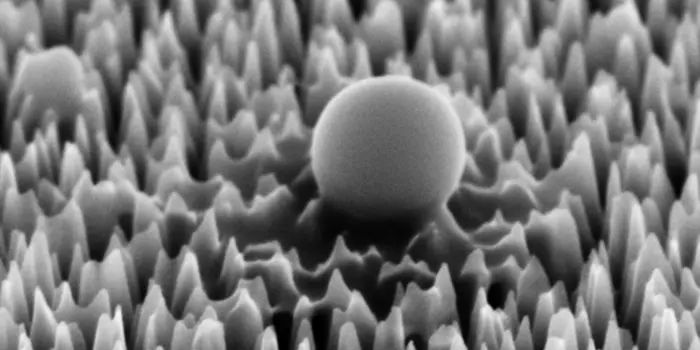Departing Chief Scientist of WHO Has Some Regrets
Indian pediatrician Soumya Swaminathan is departing her job at the World Health Organization (WHP) as chief scientist, and will return to work in India. She was the first to hold the position, which was created by WHO Director-General Tedros Adhanom Ghebreyesus to monitor scientific developments related to the COVID-19 pandemic in 2019, after joining WHO in 2017. Kai Kupferschmidt of Science magazine interviewed Swaminathan about her experience.
In the interview, she was asked directly about WHO's failure to quickly stress that SARS-CoV-2 is an airborne virus, which in hindsight, seems to have been a massive error. A multitude of studies have shown that SARS-CoV-2 can indeed be transmitted through the air, something that many people may still not know.
Swaminathan replied that WHO did stress that ventilation and masking were important steps that could be taken to prevent the spread of the virus. But also that there was evidence that revealed the airborne nature of the virus. She agreed that WHO was "not forcefully saying: 'This is an airborne virus,'" and she added "I regret that we didn't do this much, much earlier."
When asked why that happened, Swaminathan explained that her job was brand new and even she was having difficulty knowing what her duties actually were. She was thrust into a spokesperson role, when that was not originally intended to be part of her job. She started out by promoting standards and normalization of healthcare practices, for example. But the pandemic redirected her efforts.
The pandemic response was also stymied by existing paradigms for responding to pathogens, which have been centered on influenza, a very different virus from SARS-CoV-2.
Swaminathan has accomplished some notable goals, though. She noted that even without any help from Moderna or BioNTech-Pfizer, the WHO mRNA vaccine technology hub was opened. Located in Cape Town, South Africa, the facility is aiming to provide mRNA vaccines to Africa. Scientists there have been able to create a vaccine that is now undergoing clinical testing. There have been hurdles, but there are also promising results.
WHO has some new collaborators as well, like the International Science Council that connects the organization to 130 global science academies. The WHO Science Council, which is chaired by Nobel laureate Harold Varmus, was also created last year.
Source: Science
-
APR 30, 2024Immuno-Oncology Virtual Event Series 2024
-
MAY 07, 20243rd International Biosecurity Virtual Symposium
-
SEP 03, 2024Microbiology Week Virtual Event Series 2024
- See More


















































